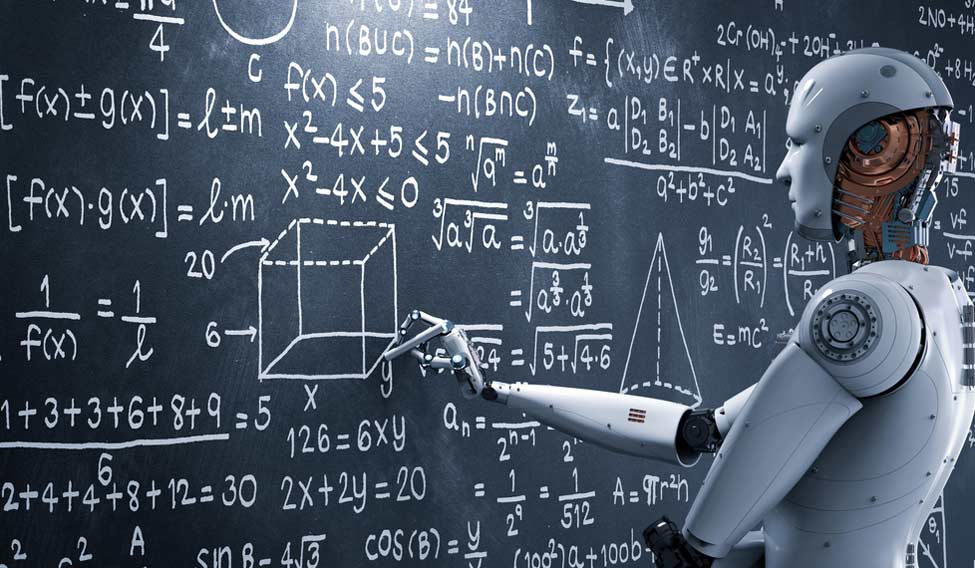Scientists are developing an artificial intelligence (AI) system that breaks free from the internet and cloud computing, and provides greater privacy to users.
New deep-learning AI software produced with that technology is compact enough to fit on mobile computer chips for use in everything from smartphones to industrial robots.
That would allow devices to operate independent of the internet while using AI that performs almost as well as tethered neural networks.
"We feel this has enormous potential," said Alexander Wong, from the University of Waterloo in Canada.
"This could be an enabler in many fields where people are struggling to get deep-learning AI in an operational form," Wong said.
The use of stand-alone deep-learning AI could lead to much lower data processing and transmission costs.
Deep-learning AI, which mimics the human brain by processing data through layers and layers of artificial neurons, typically requires considerable computational power, memory and energy to function.
Researchers took a page from evolutionary forces in nature to make that AI far more efficient by placing it in a virtual environment, then progressively and repeatedly depriving it of resources.
The deep-learning AI responds by adapting and changing itself to keep functioning each time computational power and memory are taken away.
"These networks evolve themselves through generations and make themselves smaller to be able to survive in these environments," said Mohammad Javad Shafiee, from the University of Waterloo.





